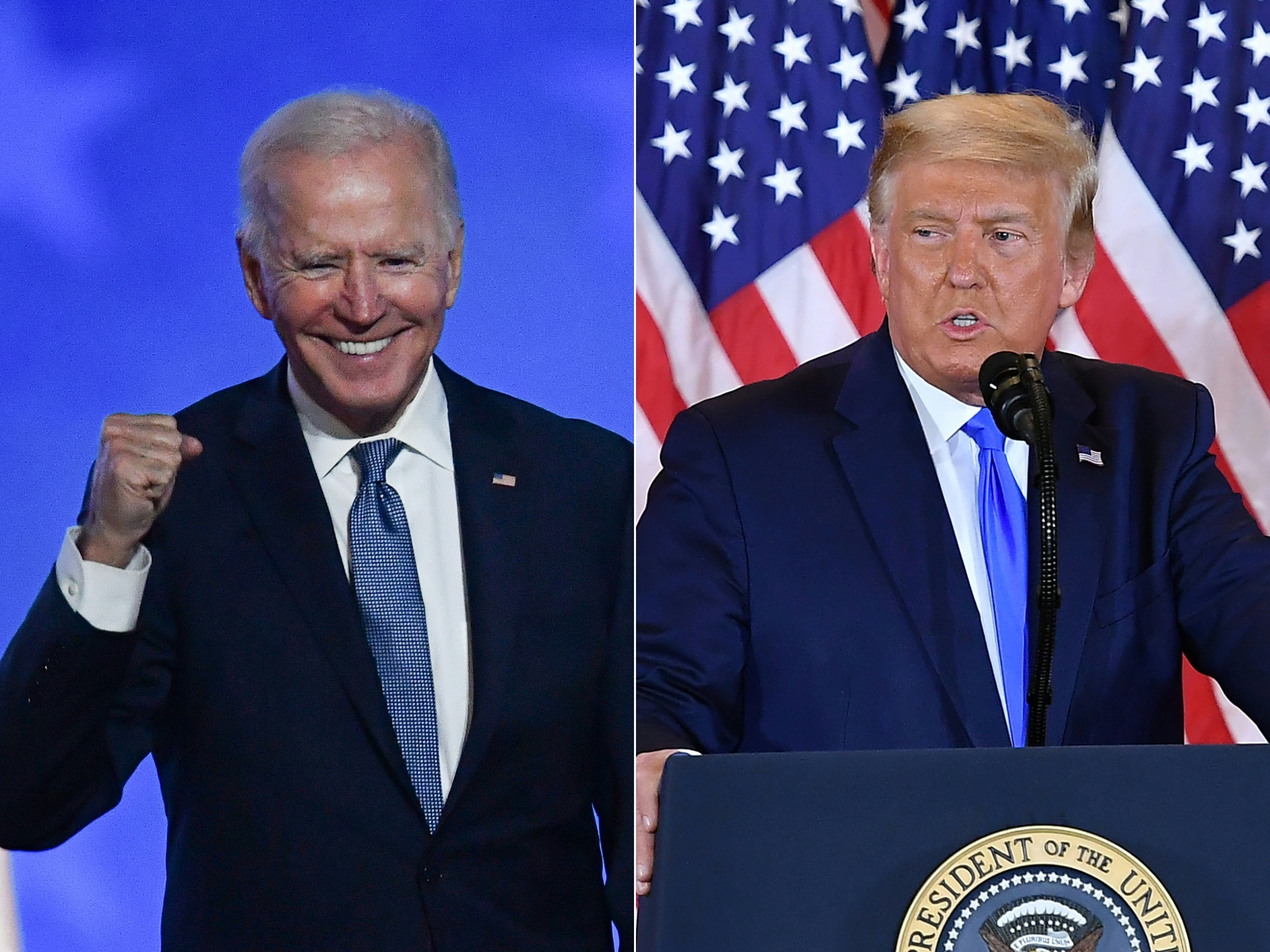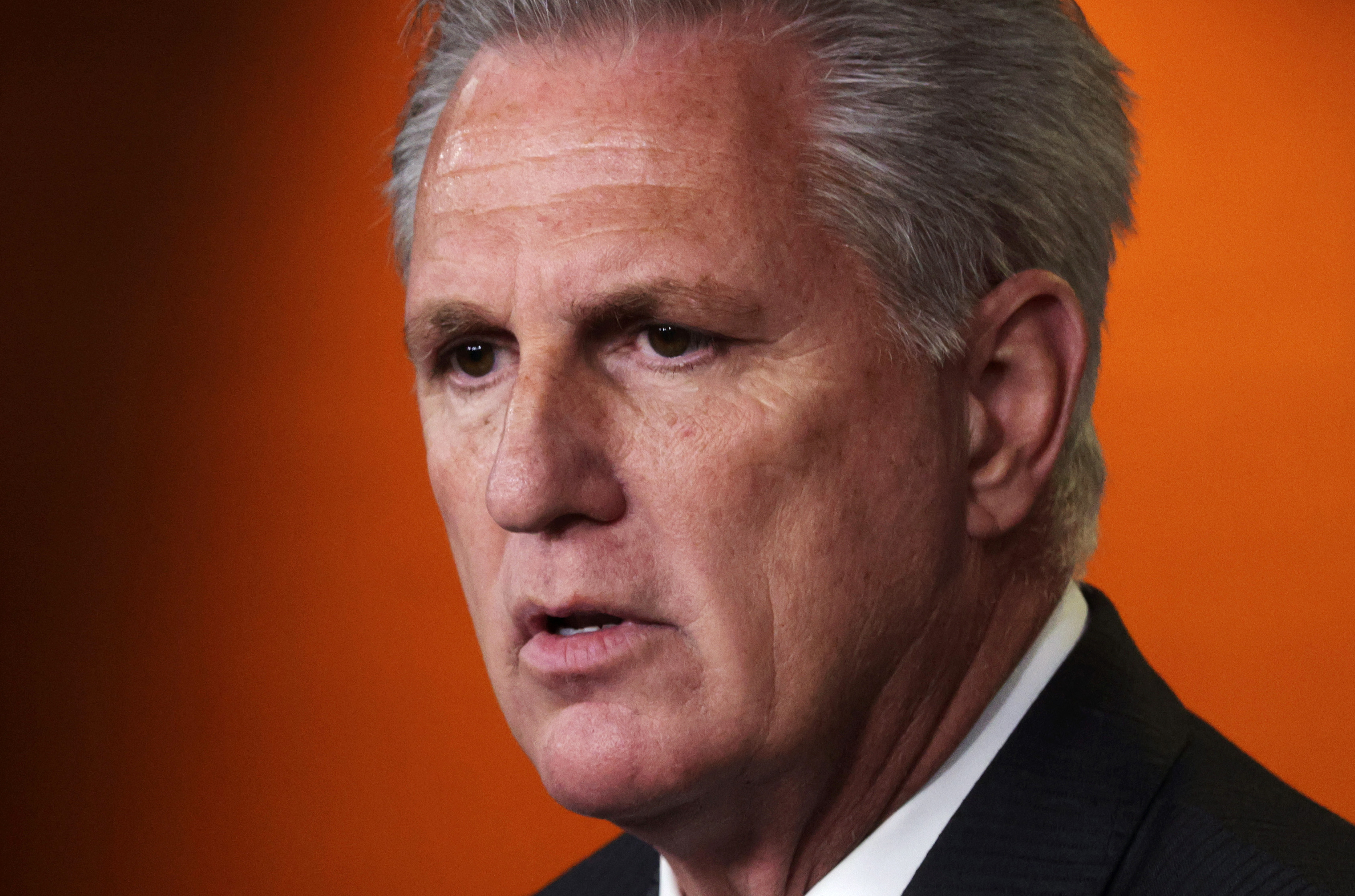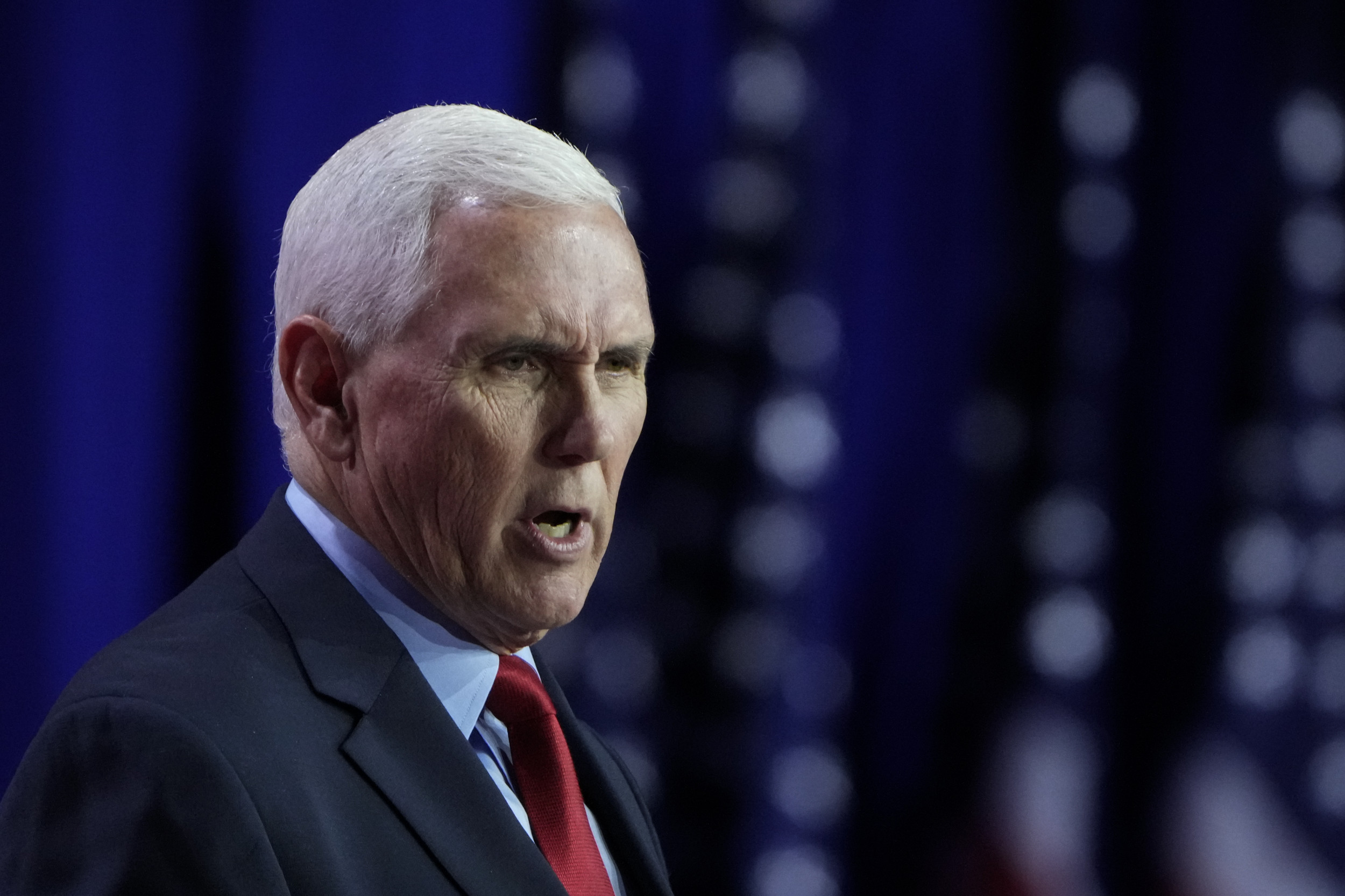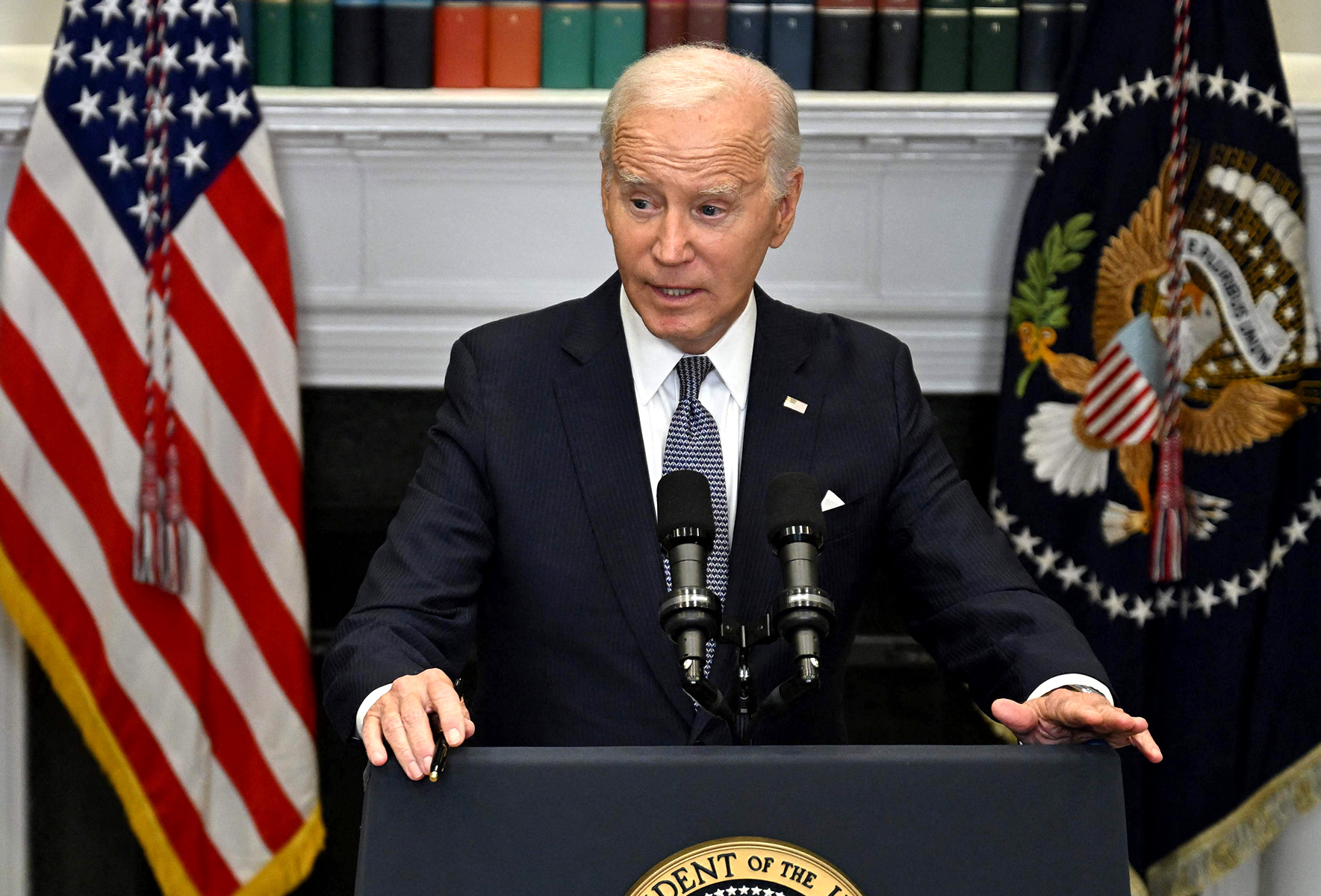Russia's internal security forces may be unable to "adequately prepare" for future armed rebellions as the Kremlin continues its concern for additional unrest following the Wagner Group's failed mutiny, according to the Institute for the Study of War (ISW).
The think tank based in Washington, D.C., cited reports from Russian online newspaper Mash, which on Wednesday posted to its Telegram account that Moscow police officers would soon begin training in "urban combat tactics," such as light machine-gun shooting, grenade throwing, tactical medicine practices and using specific assault-style firearms "in urban clashes." The pro-Kremlin paper said the "innovations" for metro police were decided following the brief rebellion led by Wagner Group chief Yevgeny Prigozhin.
"Such training indicates that the Kremlin is attempting to improve the ability of security forces in Moscow to defend the regime against potential future threats," the ISW wrote in its latest assessment of the Russia-Ukraine war.

Mash's report arrives one day after Russian newspaper Vedomosti claimed that Kremlin law enforcement agencies were debating reassigning "Grom" units—special forces employed to confront drug crimes and maintain public order—to the Russian National Guard, which would allow the units to report directly to Russian President Vladimir Putin. The ISW previously reported that restructuring Grom units was a sign that the Russian government was taking steps to protect against a future rebellion.
But according to the ISW on Wednesday, the Kremlin remains "unlikely to adequately prepare the Moscow Oblast police for urban combat given that some police elements are already expressing disinterest with the new training plans among many other problems with this plan." Mash reported that female police officers in particular were trying to avoid the tactical training.
Prigozhin abandoned his rebellion on June 24 after striking a peace deal with Belarusian President Alexander Lukashenko, which included the Russian oligarch taking exile in Belarus along with his mercenaries.
But despite uncertainty around the Wagner Group's future, there are signs that Prigozhin's troops have taken steps to begin training at camps throughout Belarus. Much of the deal between Lukashenko and Prigozhin has remained a mystery, although the Belarusian leader promised certain "security guarantees" for Wagner forces.
Putin's efforts to beef up his capital city's law enforcement is likely a sign that the Kremlin was unhappy with its actions when faced with Prigozhin's challenge, the ISW said earlier this week. Several questions remain over the Russian president's action on the day of Prigozhin's march, including reports that Putin "fled" during the rebellion.
Newsweek has reached out to the Russian Foreign Ministry via email for comment.








